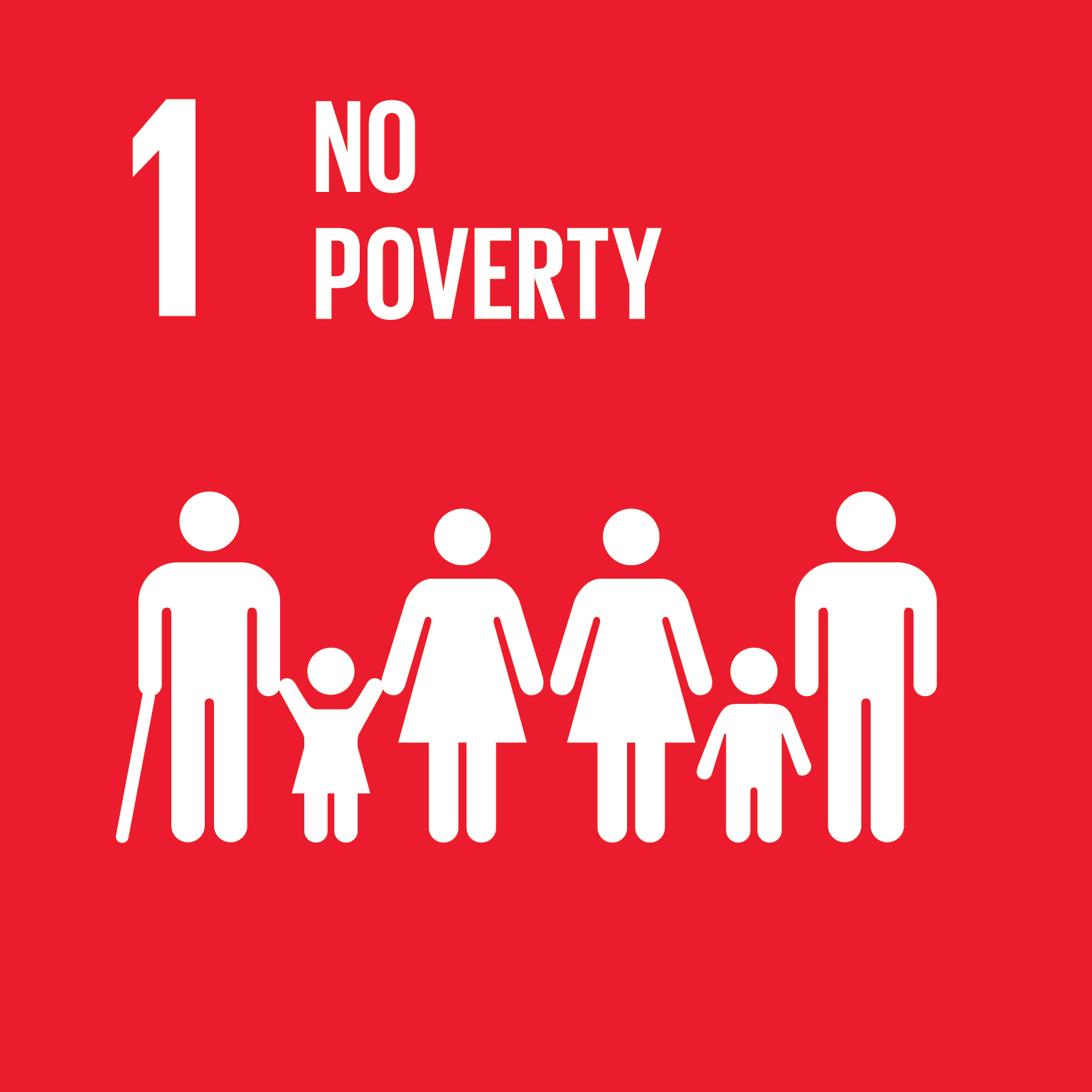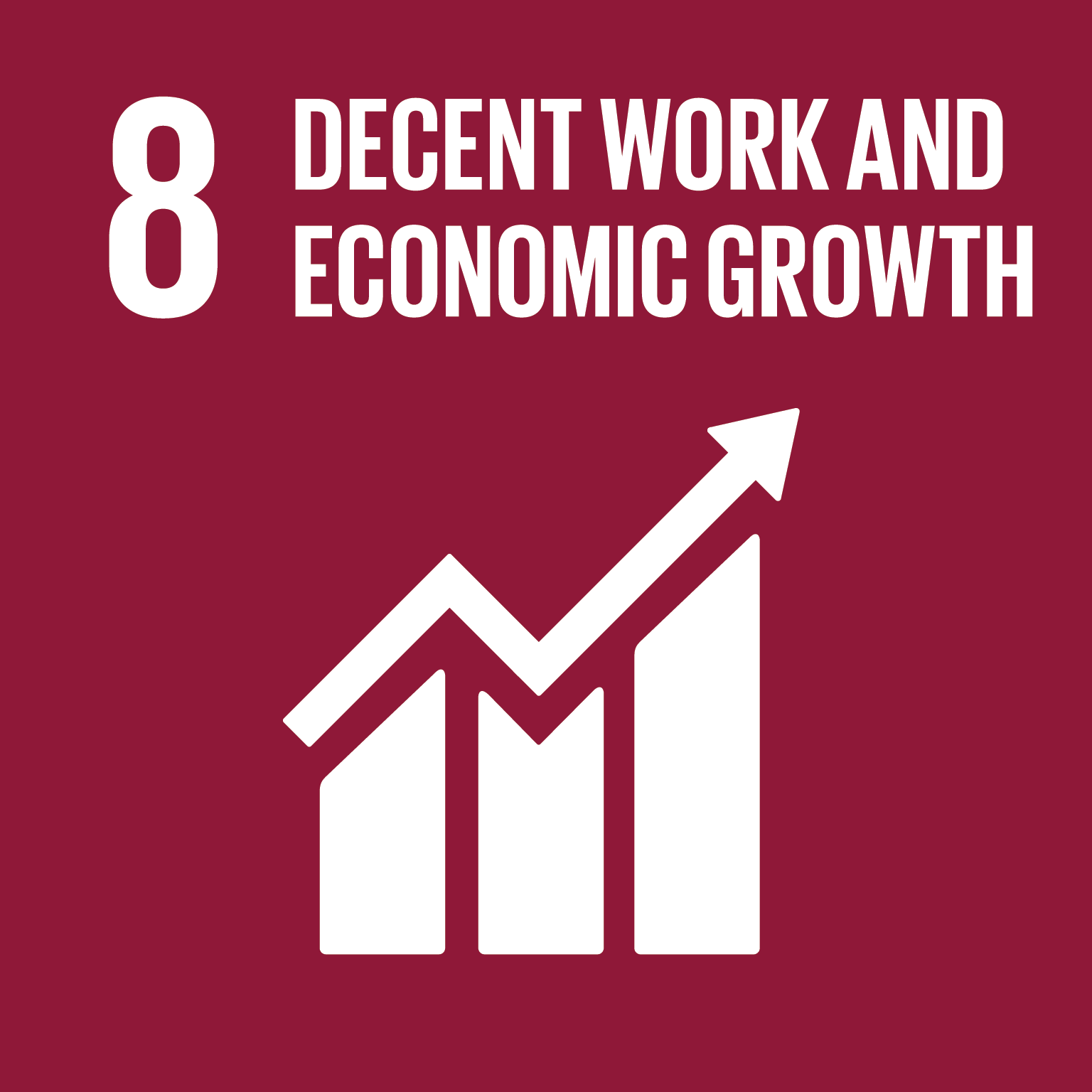Purchase from Africans for Africa (PAA Africa)
Challenges
In sub-Saharan Africa, more than 200 million people are chronically hungry. Child and infant malnutrition rates are among the world’s highest. While smallholder farming accounts for approximately 80 per cent of the food produced in the region, smallholder farmers, however, face difficulties accessing the market. In fact, there are estimates that some 60 per cent of the rural population has poor market access despite living in areas of agricultural potential. And while some 50 million African schoolchildren go hungry, school feeding programmes to date rely heavily on development partners for funding and food provision. (http://www.fao.org/3/a-i4291e.pdf )
Towards a Solution
Building on the Brazilian Food Purchase Programme (PAA) focused on social protection for rural communities since 2012, Purchase from Africans for Africa (PAA Africa) promotes food and nutrition security, community resilience and income-generation for farmers and vulnerable communities in Africa by strengthening the productive capacities of family farmers and improving education access for students. It does so by engaging partner countries to share knowledge and develop policies on institutional public procurement and social protection tailored for each context. It also helps governments to implement, pilot and scale up a comprehensive school feeding programme with locally sourced food, fostering local agricultural production while improving livelihoods, nutrition and education access for students. The programme uses a Southern-grown model tailored to sub-Saharan Africa?s socioeconomic and cultural environment that promotes sustainability and regional self-sufficiency.
PAA Africa combines emergency action for agricultural recovery and food assistance with development strategies that link smallholder farmers to local markets, therefore improving the resilience of rural communities and preventing food crises. It builds farmers’ skills so that they become more involved in producing and marketing food while helping to supplement and diversify diets. The model also supports the delivery of locally produced food for school meals and promotes home-grown school feeding as a driver of public food demand for economic and social development. Pilot operations at the country level were completed through knowledge exchange and policy dialogue involving South-South cooperation between African countries and Brazil, as well as civil society and farmer associations at the regional level.
Since PAA Africa was first launched, it has built the productivity and marketing skills of some 11,300 farmers in the five participating countries and has guaranteed a market for their products. PAA Africa has provided some 462 schools with locally purchased food, giving some 158,000 children school meals. It has improved infrastructure, built capacities, and prompted public policy dialogue and knowledge exchanges with representatives from government, United Nations organizations, civil society and private-sector groups in order to identify implementation challenges and best practices for national plans. Overall, these events have helped to consolidate lessons learned.
PAA Africa’s innovation lies in its adoption of a participatory and cooperative approach to protect local farmers so that they can secure agricultural production and provide food security to their communities, thereby moving away from the conventional technology transfer and food aid model. The use of joint knowledge-sharing and operational activities (field visits, flexible staff movement and training) has proven successful in promoting cooperation among implementing partners and participating governments. The initiative uses innovative social technology built on a multidimensional approach to food security and nutrition. It pilots innovative food procurement at the decentralized level, where schools issue contracts to farmer associations to supply diversified foods.
The programme’s strong, central capacity-building and community-participation and leadership components guarantee sustainability and expansion in the long term, provided that local producers’ privileged status in local markets remains intact. In particular, it promotes government capacity-building for public food procurement. For example, in 2015, PAA Africa organized knowledge-sharing workshops in Malawi and Mozambique to foster capacity-building and sharing of practices, which entailed implementation of context-specific efforts to support government policy. The challenges faced by government institutions are informing a broader dialogue on adaptation in public procurement regulations. In January 2016, the Africa Union adopted home-grown school feeding as a continental strategy to enhance education access and boost income-generation in rural communities. The progressive embedding of PAA Africa in national policies and strategies for social protection ensures sustainability in the long run. The programme also will ultimately help countries to achieve the SDG targets.
PAA Africa’s approach and content are easily replicable and depend on government and donor investment. Its support to government initiatives for home-grown school feeding and for efforts to integrate agricultural aspects into the planning and implementation of policies (for example, nutrition-sensitive agriculture and smallholder farmers? access to institutional or public markets) enables the replication of the model. PAA Africa is being scaled up in countries as a model for economic and social development, fostering reinforced food systems for local development.
Smallholder farmers, farmer associations, schools, students and rural communities are the main beneficiaries in Ethiopia, Malawi, Mozambique, Niger and Senegal. Farmer associations have gained the ability to supply high-quality food, and communities support and participate in school committees. On the partners’ side, Brazil and the United Kingdom Department for International Development offer technical expertise and financial support. FAO provides technical assistance to farmers and farmer associations to increase agriculture productivity and improve processing and managerial skills, and WFP purchases food from farmer associations and distributes it to local community schools.
Contact Information
Mr. Francesco Slaviero, PAA Africa Coordinator, WFP | Ms. Carola Kenngott, South-South and Triangular Cooperation, World Food Programme (WFP) | Mr. Israel Klug, PAA Africa Coordinator, Food and Agriculture Organization of the United Nations (FAO)
Countries involved
Ethiopia, Malawi, Mozambique, Niger, Senegal
Implementing Entities
Participating governments, Food and Agriculture Organization of the United Nations (FAO), World Food Programme (WFP)
Project Status
Completed
Project Period
9/2012 - 2020
URL of the practice
www.paa-africa.orgPrimary SDG
02 - Zero Hunger
Secondary SDGs
02 - Zero Hunger
Primary SDG Targets
2.1 2.3 2.4Similar Solutions






